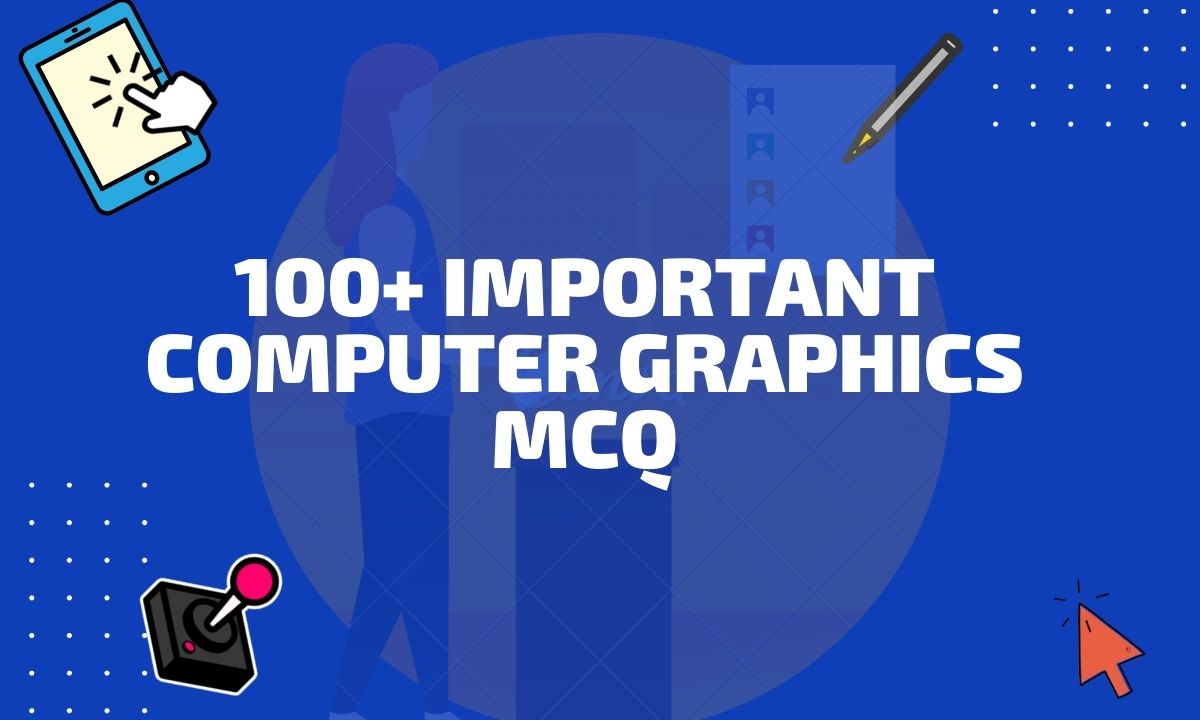Nature of Status and Roles – Different types of status
Contents In Page
hide
 |
| Picture for Characteristics of Status of a person(non-copyright form publicdomainpictures.net) |
The major types of status of a person in Society are
1. Status is a Rank-Order Position
An organization has a certain hierarchy to be filled up by which objectives of the organization are cherished. In accordance with his skill, qualification and experience positions are created and filled up accordingly. Manual, semi skill, skilled and high skilled manpower is appointed in an organization in order to meet the goal of the organization. Different upper and lower post are hierarchically arranged which help to accomplish the task on time with effectively and expertly.
2. Social Statuses are Governed Through Certain Norms and Values
It is expected that within the premises of norms and values he has to accomplish his task honestly. Certain rules and regulations are made in organizations in order to carry out the work honestly, expertly and efficiently. The manager or administrator is expected to cherish the goal of the organization within working procedures which is sanctioned by organizational members. Each member is coordinating and assisting each other for smooth functioning. If a person is a student in his status then accordingly he has to carry out his learning processes within the premises of
the academic discipline
3. A Person May have Different Statuses at a Time
Society should be understood as a network of statuses as it is composed of different groups. His status differs according to the nature group. A BBA student may be the student of his teacher, a customer to the shopkeeper, a depositor to his banker, a brother to his sister and the like. Similarly, a teacher may have several statuses at a time like the teacher in his academia, husband to his wife, father to his son, student among Ph.D. candidates, a social worker in his neighboring areas and the like.
4. Every Status has its Own Rights, Duties and Obligations
It is an obligation of the employee to behave in the so desired manner. A right is a legitimate expectation that one can entertain as an occupant of status in relation to the behavior of a person in
another position. Certain rights are given to him according to his posts and the nature of the task. The Prime minister has the ultimate executive power and rights to perform his duties honestly in the country.
5. It is Dynamic in Character
A person changes his status while his position changes. Motivation, social gratification and social respect triggers for change. Each member would like to achieve something greater something extra in his life hence it is dynamic in character
6. It consists of External Symbols, Respect, and Social Dignity
Accordingly, the style of dress is one of the indicators. Army officers have their own symbols according to their position. The pilot has his own dress while taking flight. Doctors’ white gown, nurse’s white dress, lawyers’ black coat are some illustrations within the division of labor in modern industrialized society. How much the higher post is achieved accordingly social respect and dignity are given to him or her.
7. Provides the Motivation and Influences One-Another
Society pays higher status to a person who achieves higher posts, In order to get social respect, honor, and privileges he keeps on doing hard work. In the field of the banking sector, Anil Shah has become an example who has influenced the youths. In order to achieve higher status in an organization, to get a higher status in society, to exercise the power and privileges and to accumulate resources also are some motivational factors of a person for hard work and dedication
8. It is Ascribed and Achieved in Nature
An individual gets his identity by birth on the basis of caste, class, religion, gender and the like that is ascribed were as if a person begs his position by his own effort that becomes achieved status. The son of a landlord is ascribed and the manager of ” Countries Bank’ is achieved ones. The last status of a person is dead.
9. Different Statuses Help to Create Social Order and Equilibrium
Organization and Society merit-based hierarchy is essential in order to create peace, harmony, order, and equilibrium in society. The theoretical assumption behind the distribution of the statuses is that the statuses are determined competitively by the possession of abilities relative to the demand for abilities in society. Gatekeeper, peons, receptionist, librarian, cashier, accountant, assistant manager, manager and the chief executive of the organization (CEO) is recruited on the basis of human resources or merit basis that helps to carry out the work effectively and expertly. Coming to the conclusion, social status is a rank-order position of an individual that is approved by society. Socialization takes place largely through learning roles.
Social status is a position in society with consequent privileges and duties. A role is a behavior expected of the one who occupies a particular status. There is a provision of self-pride, self-esteem, social prestige, social gratification, power, resource mobilization and the social respect in each status according to its hierarchy and nature. A meritocracy Is a form of quasi ascription in which status is open to achievement. Horton and Hunt came to the conclusion that death is the final role and the death is the final status which all societies recognize with ceremonies to aid the bereaved in accepting death and resuming life



